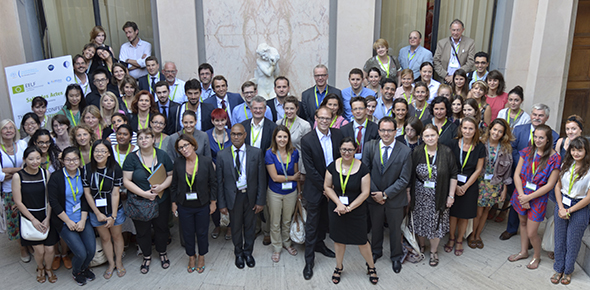The effectiveness of environmental law
2-4 September 2015, Faculty of Law and Political Science, Aix-en-Provence (France)

According to the last UNEP’s GEO report, “[T]he currently observed changes to the Earth System are unprecedented in human history. Efforts to slow the rate or extent of change –including enhanced resource efficiency and mitigation measures– have resulted in moderate successes but have not succeeded in reversing adverse environmental changes. Neither the scope of these nor their speed has abated in the past five years” (UNEP, 2012). Environmental public policies have been developed for more than 40 years with limited success. As stated by UNEP, “[m]any subnational, national and international instruments now in place are contributing to environmental improvements. There is evidence, however, of continuing deterioration in many places and for most of the global environmental issues reported on in GEO-5. For such issues as exposure pathways and effects of chemicals, and the trends in land degradation a better understanding would support better responses. For others, such as reducing particulate matter (PM) concentrations in the atmosphere, more consistent implementation of existing instruments is needed.” (ibid.)
Indeed, the implementation of environmental law suffers from longstanding difficulties, at the domestic, European or international level. After two decades of abundant law-making, scholars and practitioners are still searching for ways and means to improve the effectiveness of environmental law.
The lack of implementation comes from various factors, including scientific uncertainties, the cost of required measures, conflicts with other interests that are better protected, the inadequacy of institutions and governance, or even the specificities of environmental harm. The improvement of the effectiveness of environmental law ought to be considered a high priority – if not the highest – by both practitioners and academics, who should in this respect work closely together. Moreover, lawyers need to cooperate with other disciplines in order to better design and implement environmental law.
We would like to thank all organisers and participants for making the 3rd EELF Conference a great experience!

